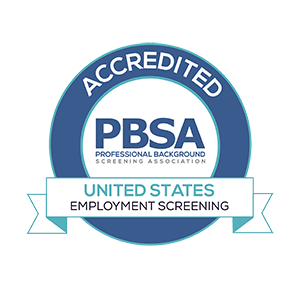On August 9, the Equal Employment Opportunity Commission’s (EEOC) ongoing lawsuit against Freeman Inc., a national marketing company, alleging discriminatory background screening was dismissed. The district court based its decision on: (1) incorrect application of Title VII; and (2) an inadmissible expert report.
The EEOC filed suit against Freeman in October 2009 after an African American woman filed a complaint that she was unfairly denied a job based on her credit history. The EEOC expanded its investigation to include Freeman’s criminal record checks. The lawsuit claimed that Freeman’s employment screenings violated Title VII of the Civil Rights Act of 1964.
In the suit, EEOC claimed that because of disproportionate incarceration rates among African Americans, Hispanics, and males, a criminal background check of any kind created a
disparate impact
. The court disagreed, stating that Title VII has more to do with the specific information requested and whether or not it is necessary for the job. The court’s opinion stated that Freeman’s screening measures were reasonable.
The district court also ruled that the EEOC’s expert report was too flawed to be admissible. The data analyzed were: (1) selective when they should have been a random sampling; (2) outside of the relevant time period; and (3) included many other mistakes, such as miscoding the race of some applicants. Furthermore, the court asserted that nationwide conviction rates would only have been statistically appropriate if the applicant pool of the employer mirrored the greater society.
Implications
There are a few things employers can learn from this case. Study current screening practices and be sure of the following:
- The type of background checks vary depending on the nature of the positions. There is no one-size-fits-all approach.
- Each individual and each conviction are considered on a case by case basis so fair decisions are made.
- Criminal record checks do not include arrest records–only outstanding warrants and convictions.
- Criminal record checks are limited to the last seven years.
- Screening systems are developed with consideration of current discussions about recidivism.
Although the final ruling dismissed EEOC’s lawsuit, the district court did not dismiss the concern for disparate impact. The court concluded its opinion by urging employers to examine their screening policies for compliance with Title VII and the Fair Credit Reporting Act.
We can help you stay compliant with all employment screening legislation. Contact us today.


Leave a Reply
Want to join the discussion?Feel free to contribute!